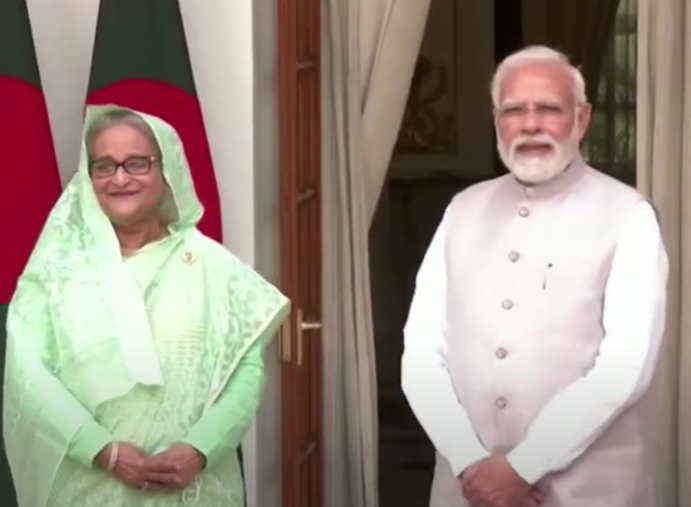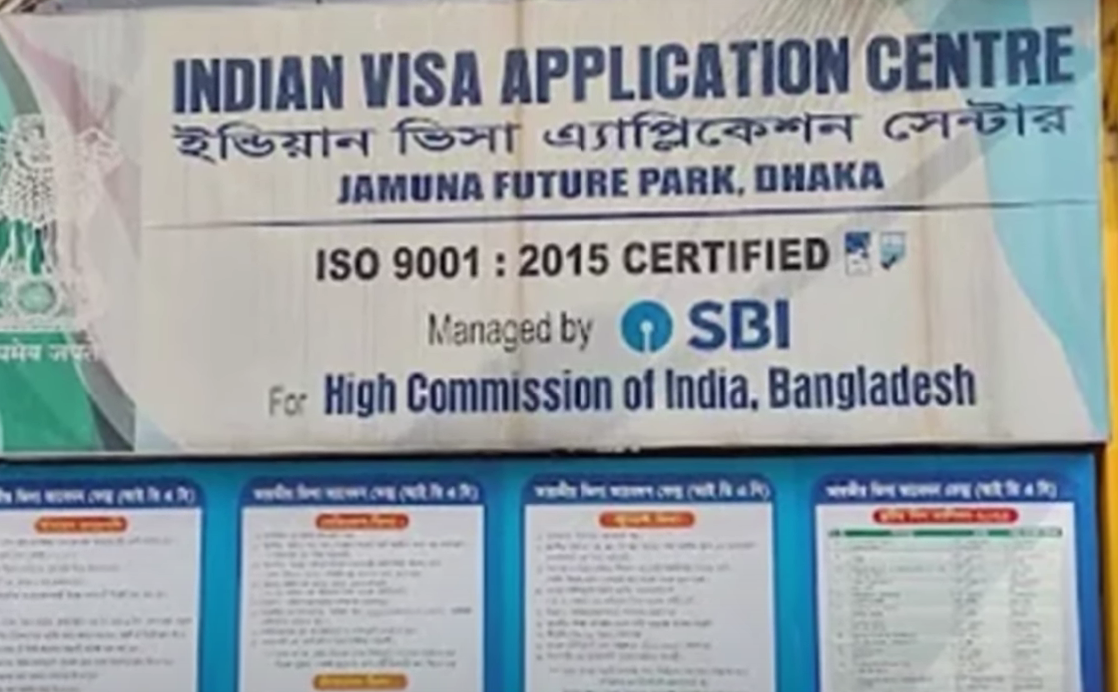Dhaka, Bangladesh — All Indian visa application centres in Bangladesh have been indefinitely closed due to the ongoing political unrest and instability in the country. The closure follows massive protests that led to the resignation and flight of Prime Minister Sheikh Hasina to India earlier this week.

Visa Centres Closed Until Further Notice
The Indian Visa Application Centre announced on its website that all visa services would be suspended until further notice due to the “unstable situation” in Bangladesh. Applicants were informed that they would receive updates on the next application dates via SMS and were advised to collect their passports on the next working day.
“All Indian visa application centres will remain closed till further notice, due to the unstable situation. The next application date will be informed through SMS and it is requested to pick up the passport on the next working day,” read the notice.
Evacuation of Indian Staff
In response to the escalating violence, India evacuated 190 non-essential staff members and their families from the Indian High Commission in Dhaka. Despite this, all diplomats have remained in Bangladesh, and the missions continue to function.
Apart from the High Commission in Dhaka, India also operates assistant high commissions or consulates in Chittagong, Rajshahi, Khulna, and Sylhet, which have also been affected by the unrest.
Roots of the Unrest
The political turmoil in Bangladesh began in June with student-led protests against a controversial job quota system that granted 30% reservation for families of veterans who fought in the 1971 Liberation War. Initially peaceful, these protests turned violent following a police crackdown.
The demonstrations escalated into a widespread movement against Sheikh Hasina’s 15-year rule, culminating in her resignation and departure to India. The unrest has continued, with numerous Hindu-owned houses, businesses, and temples being vandalized and looted.
Interim Government to Take Over
In an effort to stabilize the situation, an army-backed interim government led by Nobel Peace Prize winner Muhammad Yunus is set to take oath amidst ongoing violent protests. Yunus, who was chosen by the students to head the interim government as its chief adviser, is expected to assume leadership on Thursday.
The situation remains fluid, with significant uncertainty about the future political landscape in Bangladesh and its impact on the region.





